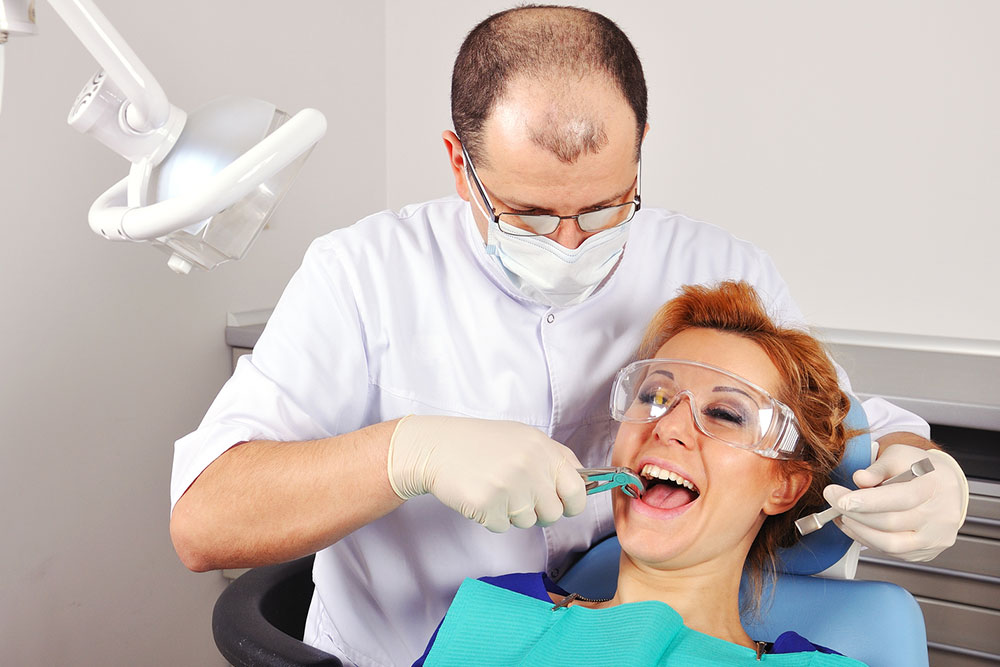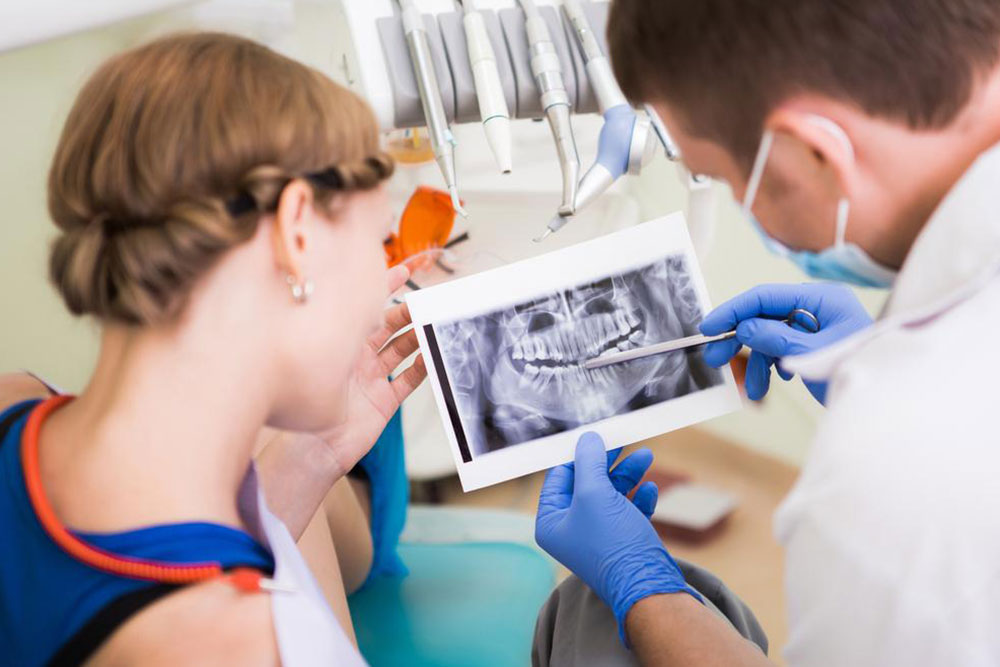Essential Preparations Before Your Tooth Extraction Treatment
Learn essential steps to prepare for your upcoming tooth extraction. This guide covers diagnostic assessments, dietary adjustments, choosing experienced dentists, understanding reasons for extraction, post-care tips, financial planning, and support arrangements, ensuring a smooth and successful recovery process.

Essential Preparations Before Your Tooth Extraction Treatment
Dental health and a bright smile are signs of well-being, but sometimes tooth removal becomes necessary due to decay, gum disease, overcrowding, or infection. Proper planning ensures a smooth recovery. When undergoing extraction, knowing what steps to take beforehand can make a significant difference in comfort and healing. This guide highlights key actions to prepare for your upcoming procedure, from diagnostics to post-care tips, helping you approach your appointment confidently and with peace of mind.
Obtain an X-ray to assess the tooth
Before extraction, your dentist may order imaging to determine the tooth's position and condition. Simple extractions involve accessible teeth, while complex cases may require surgical intervention, especially if the tooth is impacted or positioned abnormally. X-rays provide vital insights, ensuring appropriate treatment planning.
Opt for soft foods before and after the procedure
Consuming soft, easy-to-chew foods minimizes discomfort and prevents bleeding or pain post-extraction. Ideal options include mashed potatoes, smoothies, soft pasta, bananas, yogurt, and well-cooked grains. Maintaining a soft diet helps promote healing and reduces strain on the surgical site.
Choose an experienced dental professional
Since tooth extraction can be complex, selecting a skilled and experienced dentist is crucial. Booking an initial consultation to discuss your dental history and concerns ensures personalized care. A knowledgeable dentist can recommend effective pre- and post-operative measures, shaping a smoother recovery process.
Identify the reason for extraction
Understanding why your dentist recommends tooth removal helps you grasp the necessity and take preventive steps. Whether due to decay, infection, crowding, or trauma, knowing the cause allows for better oral health management—like improving hygiene, avoiding sugary foods, or seeking alternatives to prevent further issues.
Prepare for the procedure mentally
Familiarizing yourself with the extraction process reduces anxiety. For simple removal, forceps may suffice, while surgical options involve incisions and anesthesia. Knowing these steps helps ease apprehensions and prepares you for the sensations and treatment methods involved.
Evaluate options for replacing the lost tooth
Depending on the tooth extracted, options like dental implants, bridges, or dentures may be suggested. Discuss these possibilities with your dentist to choose the most suitable restoration that fits your needs and budget.
Plan post-operative care
Post-extraction care is vital for proper healing. Expect some pain, swelling, or minor bleeding. Following your dentist’s instructions—such as avoiding hard foods, using ice packs, and moderating physical activities—will facilitate quicker recovery. Regular follow-ups ensure optimal healing progress.
Arrange support for daily activities
Recovery may temporarily limit your ability to perform household chores or work. Organize assistance from family, friends, or caregivers to avoid unnecessary strain and ensure comfortable recovery environment.
Understand the cost involved
The price of extraction varies depending on complexity. Simple procedures typically range from $70 to $200, while surgical removals may cost between $800 and $4000. Confirm the total expense with your dentist beforehand to avoid surprises and budget accordingly.
Talking with others who have undergone tooth extractions can provide reassurance and practical tips. Staying calm through relaxation techniques like meditation or yoga fosters a positive mindset before the procedure. Adequate preparation ensures smoother experience and better outcomes.










